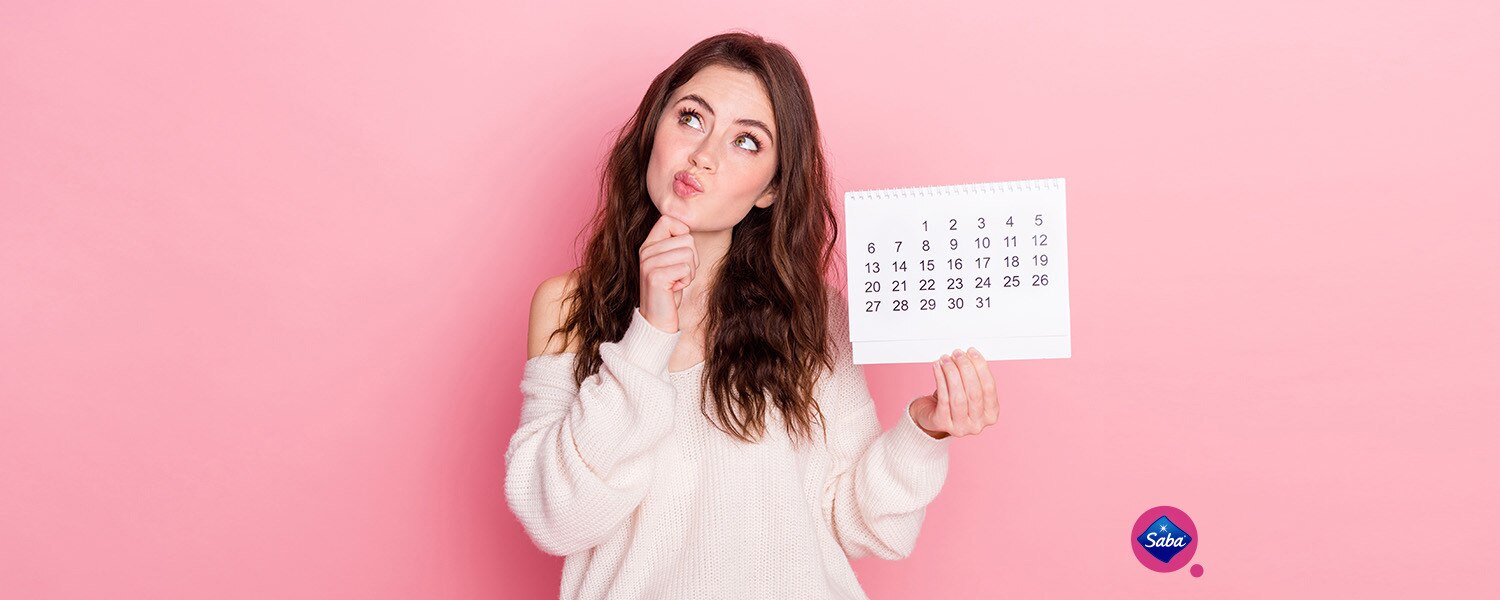Is it possible to stop or postpone a period?

Saba® makes you feel #CómodaContigo.
Let’s face it, Mother Nature doesn’t always have the best timing. But realizing that your period is going to inconveniently coincide with a holiday or a swimming competition doesn’t necessarily mean you’re stuck with it.
Stopping a period – or at least delaying it – is possible. And once you’ve figured out how to regulate your periods occasionally, you get a sense of control over the situation.
So, here’s the lowdown on how to stop a period. If you use the combined contraceptive pill you can delay your period by taking two packets back-to-back. It’s important to consult your doctor, practice nurse before you go ahead, to make sure that it’s safe to do so, and that it’s possible to delay your period with the type of pill you take.
If you take a different contraceptive pill you may be able to switch to the combined one to enable you to postpone your period. If you don’t take a contraceptive pill, speak to your GP about other ways to delay your period. If you don’t have any other health issues, you may be prescribed medication (norethisterone) to prevent your period starting at an inconvenient time.
As for stopping a period once it starts, no one’s worked out how to do this yet. But once you begin bleeding, if you start taking your combined contraceptive pills immediately this should make your period shorter and lighter. Taking over-the-counter painkillers according to dosage instructions will also reduce swelling of the uterine walls, which will, in turn, reduce bleeding and the pain that comes with it. There are a few natural ways you can try too. These include regular exercise, which helps relax the uterine muscles to reduce period flow.
Meanwhile, many women swear by herbal teas containing valerian root and chamomile, while raspberry and nettle leaf tea is also thought to slow down menstrual bleeding. Just remember to always consult a doctor before trying herbal methods. In all cases, while it’s fine to delay your period on occasion, science has not yet worked out whether it’s safe to do so in the long-term.
So don’t put your health at risk – it’s not worth it for the sake of a period.